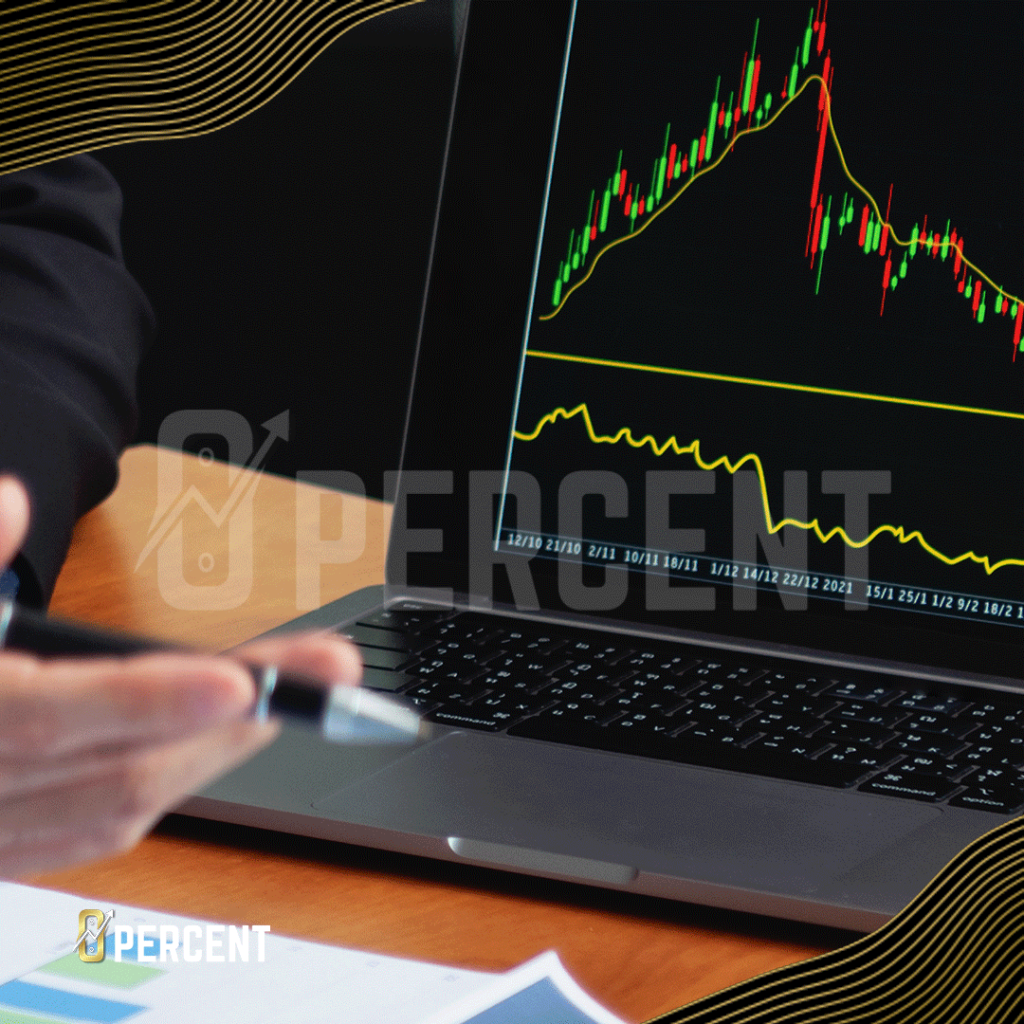
Jeff Sekinger
Jeff Sekinger Founder & CEO, 0 Percent Who is Jeff Sekinger? Visionary Trailblazer Sekinger has been in the financial industry for over a decade. Starting
Choosing the right broker can seem like a daunting task for any trader, whether you’re just starting out or have been trading for years. A broker is your portal to the financial markets, providing you with access to a range of financial instruments and platforms. Due to the high number of options available, coupled with the varying regulations associated with different countries, it can be difficult to know what to look for. In this article, we will outline some of the key factors to consider when selecting a broker.

Regulation is the primary consideration any trader should factor when choosing a broker. A regulated broker is one that operates under the oversight of a financial regulator. This regulator will ensure that the broker adheres to standards of operation and protects the interest of their clients. Investors should choose a broker that is regulated by a reputable authority. Some examples include the Financial Conduct Authority (FCA) in the UK, the Securities and Exchange Commission (SEC) in the US, or the Australian Securities and Investments Commission (ASIC) in Australia, among others.
The trading platform is the software that allows you to place trades and mange your portfolio. The trading platform MT4 is the most common, with some brokers using MT5. Many brokers use their own proprietary trading platform. Look for a platform that is customizable, with a range of indicators and charting tools to help you analyze the markets.
Brokers make money by charging fees and commission on trades. Selecting a broker with transparent and competitive fees, and low spread is a crucial step to choosing the right broker, as these charges can significantly affect your potential profitability.
As with any business, good customer support is essential. Many brokers offer 24/7 or 24/5 support, with multiple channels of communication.
Depending on your goals, the range of financial instruments offered by a broker can also also be an important consideration. Financial instruments include forex, stocks, indices and commodities. If you are only looking to trade commodities, or if you only wish to trade on forex, then choose a broker that offers that channel.
A good broker will oftentimes offer educational and research resources to help you improve your trading skills and stay up to date on the market. You may wish to chose a broker that offers webinars, trading guides, and other analysis tools to help you make more informed trading decisions.
Choosing the right broker can make a significant impact on your trading success. Remember, when you choose a broker, you are putting your money into that broker, so choosing the right one is a crucial step for every investor. Always take the time to research and compare different brokers before making any decision, and never invest more than you can afford to lose.

Jeff Sekinger Founder & CEO, 0 Percent Who is Jeff Sekinger? Visionary Trailblazer Sekinger has been in the financial industry for over a decade. Starting

Angel Alvarez Funding, 0 Percent Who is Angel Alvarez? From SpaceX to 0 Percent Angel is a remarkably well rounded individual who has had a

Abhay AnandProduct, 0 Percent Who is Abhay Anand? Title One Test Title Two Test Test
Sign up to receive news & updates!
Sign up to receive news & updates!